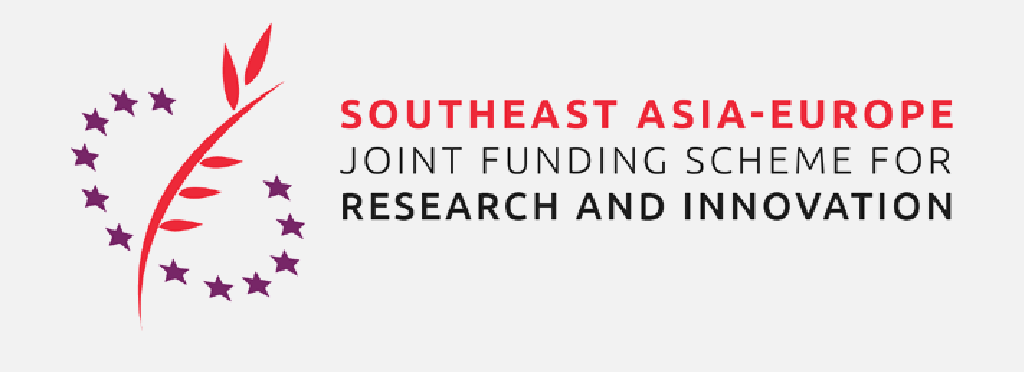
1st Joint Call: FRESHBIO
Background
Around the world, natural ecosystems are being put under increasing pressure by mankind. Maintaining high levels of biodiversity is vital to ensuring the continuing sustainability of ecosystems, and areas at particular risk are identified as ‘biodiversity hotspots’. There are three such insular hotspots in Southeast Asia, which are among the most endangered in the world.
However, there is a lack of consistent recording of animal and plant life within these ecosystems, which hampers conservation efforts. This lack of accurate and reliable databases in Southeast Asia, limits research on ecology and global climate change. Such research is becoming increasingly important as greater areas and populations begin to experience the effects of climate change – particularly those whose livelihoods depend on wildlife.
To get a clearer picture of the state of freshwater biotas in insular hotspots in Southeast Asia, urgent steps must be taken. Firstly, DNA-based methods of species inventory are needed to speed up the inventory of biodiversity, and accurate biodiversity mapping is urgently needed to guide conservation strategies.
For this work to take place, capacity building on wildlife forensics is needed to promote new and sustainable practices for species identification, while local populations living in these areas will also need guidance to adapt to the potential effects of biodiversity loss.
The project
The FRESHBIO project aims to address all of these issues through the following steps. Firstly, the team will support DNA barcoding campaigns to build-up reference libraries for automated species identification and its application in environmental DNA barcoding. They will then explore historical trends in population demography and species aggregation in ecological communities to address the state of aquatic biotas (expansion vs. contraction), and estimate the impact of land conversion on diversity patterns through a geographic information system approach. Finally, the project will explore the dynamics of adaptation and resilience of human populations to environmental changes.
The Science
Three main hypotheses are underpinning FRESHBIO: (1) DNA barcoding is an effective paradigm to document biodiversity as it is effective whatever the life stages, spectacular levels of cryptic diversity are often reported and libraries are publicly available. (2) Pleistocene climatic fluctuations predict diversity patterns. Emerged land in Sundaland represents only 50-75% of its maximal Pleistocene surface and its biotas are currently in a refugial state. By contrast, the Wallacea and Philippines hotspots have been continuously isolated from the main land during PCF. (3) Wildlife dependent peoples are sentinels of environmental changes. Resilience and adaptive responses of local fisherfolk to disturbed aquatic ecosystems may be assessed through the peoples’ capacity to anticipate ongoing changes. If addressed through time, people adaptive strategies might be indicative of early ecosystemic changes.
The FRESHBIO partners are:
Dr. Hendrik FREITAG: Ateneo de Manila University (ADMU)
Dr. Daisy WOWOR: Indonesian Institute of Sciences (LIPI)
Dr. Nicolas HUBERT: Institut de Recherche pour le Développement (IRD), France Sud
Dr. Thomas von RINTELEN: Museum für Naturkunde (MfN)
Dr. Philippe KEITH: Muséum National d’Histoire Naturelle (MNHN)
Dr. Edmond DOUNIAS: Institut de Recherche pour le Développement (IRD), Indonésie
Contact:
Nicolas Hubert: Nicolas.hubert@ird.fr

